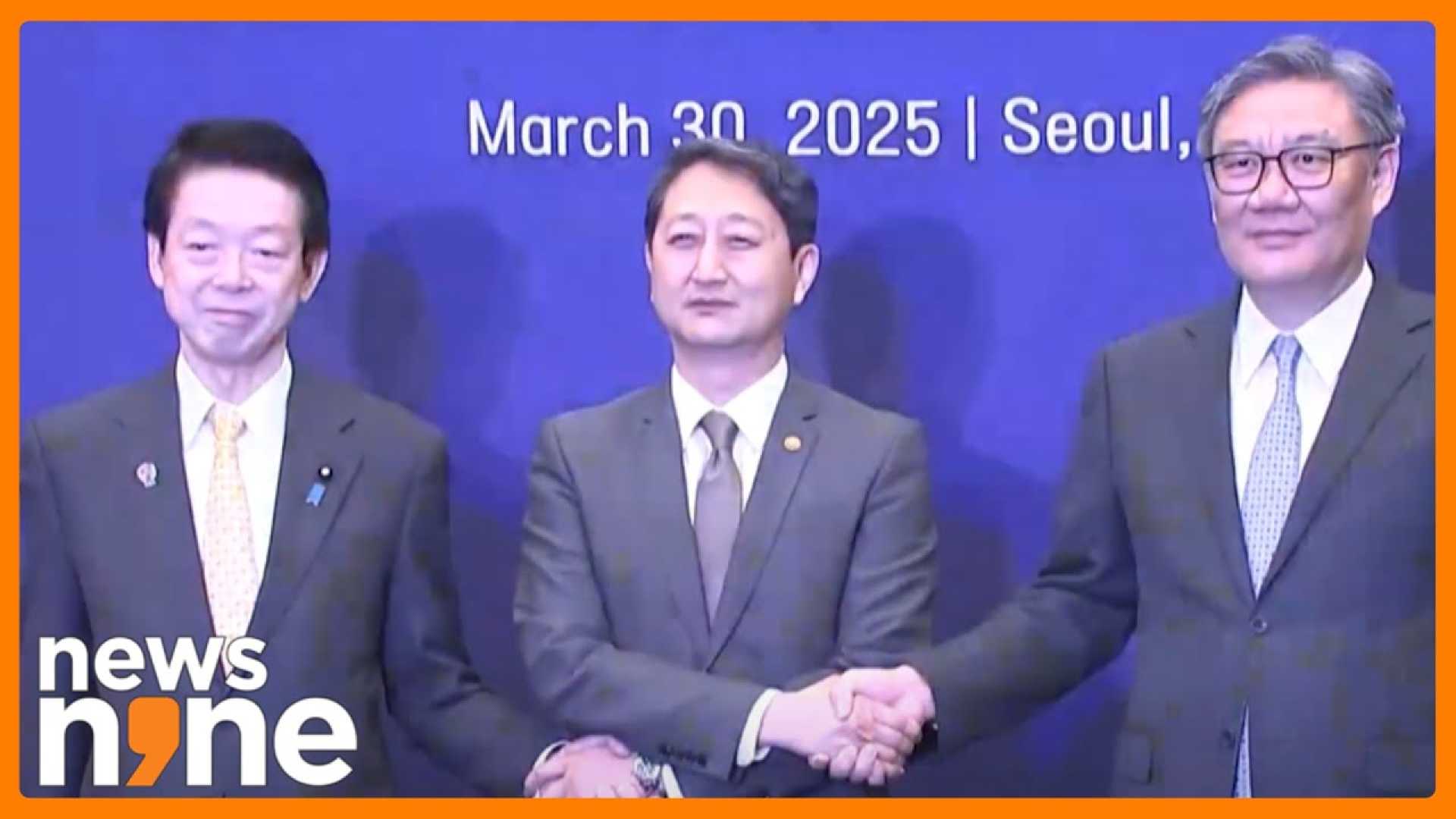Business
China, Japan, South Korea Plan Joint Response to U.S. Tariffs

BEIJING, March 31 (Reuters) – China, Japan and South Korea are preparing a coordinated response to potential U.S. tariffs, as confirmed by a social media post linked to Chinese state media on Monday. This announcement follows a significant meeting between the three nations on March 30, their first economic dialogue in five years, addressing the impacts of proposed U.S. tariffs by President Donald Trump.
The meeting, attended by the trade ministers of the three countries, aimed to facilitate regional trade and strengthen supply chain cooperation. According to the state media account, Yuyuan Tantian, all parties agreed to engage in further discussions regarding export controls, which are crucial considering the competitive nature of the semiconductor market among Asia’s leading exporters.
“It is essential to pursue a comprehensive dialogue and cooperation to bolster our trade relations,” South Korean Trade Minister Ahn Duk-geun stated. The ministers expressed their commitment to advancing talks on a South Korea-Japan-China free trade agreement to enhance both regional and global trade.
Japan’s Trade Minister Yoji Muto confirmed that the discussions were focused on sharing views rather than establishing a joint strategy against U.S. tariffs, calling the claims of a unified response “somewhat exaggerated.” His remarks came during a press conference following the meeting.
As part of their strategy, Japan and South Korea are poised to import semiconductor raw materials from China, reinforcing interdependence in chip production. Conversely, China has shown interest in acquiring semiconductor products from both Japan and South Korea.
The meeting occurred against the backdrop of Trump’s planned announcement on Wednesday of additional tariffs, which he has labeled as “liberation day,” signaling a significant shift in U.S. trade policy. This move has raised concerns among major U.S. trading partners, including China, South Korea, and Japan.
The trade relationship among these three nations has faced challenges, including territorial disputes and Japan’s controversial release of wastewater from the Fukushima nuclear plant, complicating regional dynamics. However, the recent dialogue marks a step towards increased cooperation amidst these tensions.
While no concrete agreements were finalized during the weekend meeting, the ministers laid the groundwork for further talks, emphasizing the importance of synchronizing efforts to navigate the evolving global trade landscape. The next ministerial meeting is scheduled to take place in Japan.












